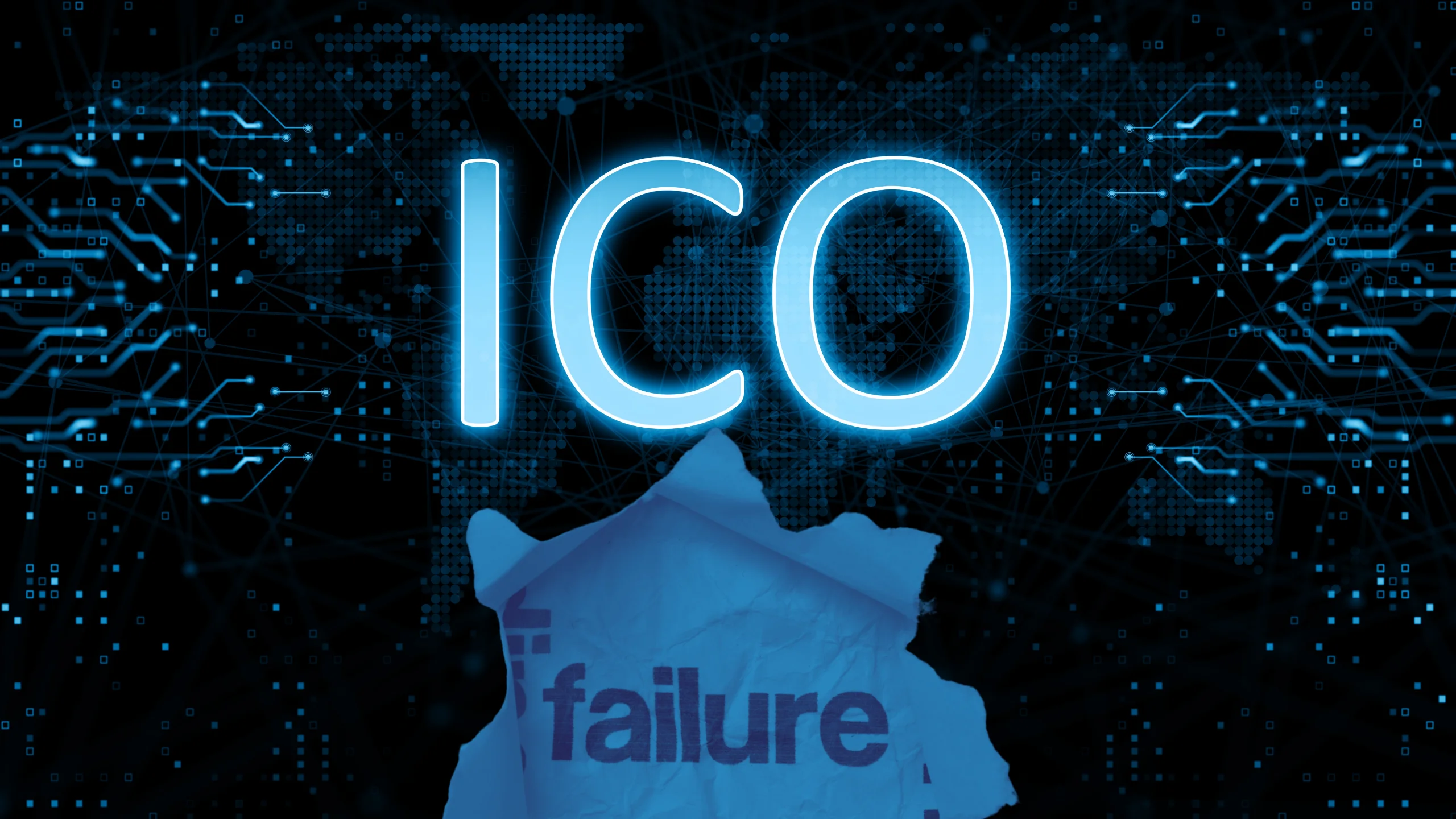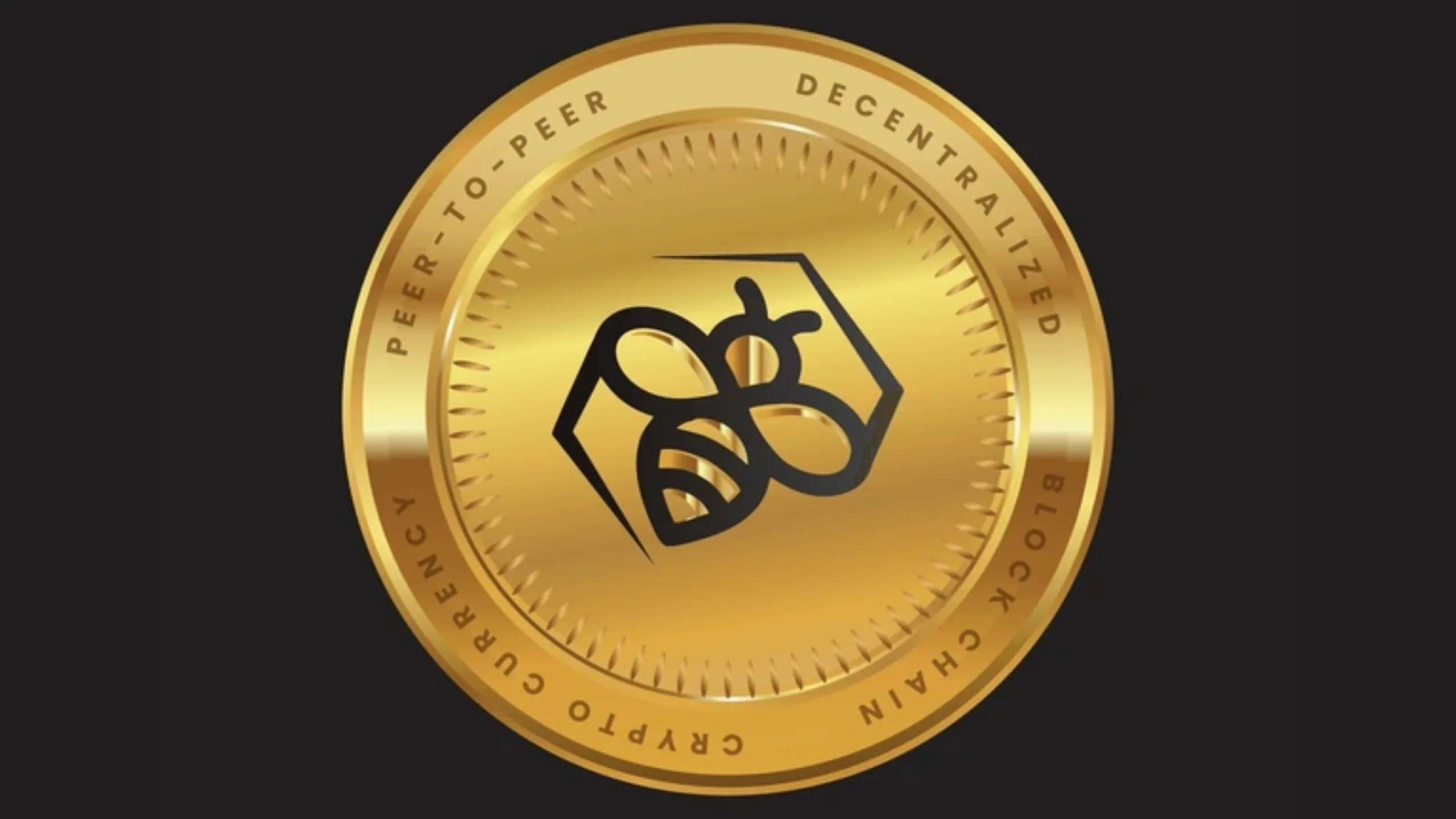Introduction
In the ever-evolving landscape of cryptocurrency, the rise and fall of Initial Coin Offerings (ICOs) have become emblematic of the industry’s highs and lows. While success stories inspire hope and optimism, it’s the failures that often offer the most profound lessons. In this detailed exploration, we dissect the anatomy of ICO failures, examine notable case studies, and distill invaluable insights to empower future endeavors in the realm of blockchain innovation.
Understanding ICO Failure

ICO failure, characterized by the inability of a project to meet its objectives or deliver on its promises, is a sobering reality in the cryptocurrency space. According to research a staggering 81% of ICOs conducted in 2023 ended up as scams, failures, or defunct projects within a year of their token sale. Despite the allure of quick fundraising and exponential growth, the road to ICO success is fraught with challenges and pitfalls.
List of ICO Failures
Among the myriad of ICO failures, several notable examples serve as cautionary tales for entrepreneurs and investors alike:
- Bee Token: Despite raising $15 million in its ICO, Bee Token’s decentralized home-sharing platform failed to materialize, succumbing to mismanagement and lack of product development.
- Centra Tech: Centra Tech raised $32 million for its blockchain-based payment platform but faced legal action from the SEC for fraudulent activities, resulting in the project’s shutdown and criminal charges against its founders.
- Titanium Blockchain: Despite raising $21 million, Titanium Blockchain collapsed amid allegations of misappropriated funds and fraudulent behavior by its founder, tarnishing investor trust and credibility.
- Tezos (XTZ): Tezos raised a staggering $232 million for its blockchain platform but faced internal disputes, legal challenges, and delays in product development, leading to dissatisfaction among investors and stakeholders.
The DAO: The DAO, a decentralized autonomous organization, raised over $150 million but suffered a catastrophic security breach due to a smart contract vulnerability, resulting in the loss of funds and the subsequent hard fork of the Ethereum blockchain.
Key Learnings from ICO Failures
- Transparency and Disclosure: Transparent communication with investors is paramount, providing clear and accurate information about the project’s goals, risks, and milestones.
- Legal Compliance: Compliance with regulations is crucial to navigate the legal landscape surrounding ICOs and token sales, minimizing legal risks and liabilities.
- Team Experience: Building a ICO team with relevant expertise and track record in the blockchain industry inspires confidence and credibility among investors.
- Product Development: A robust roadmap with achievable milestones is essential, focusing on building a viable product that addresses market needs and demands.
- Community Engagement: Active engagement with the community fosters trust and loyalty, soliciting feedback and incorporating user input into project development.
- Risk Management: Identification and mitigation of potential risks safeguard investors’ interests, including technical, legal, and regulatory risks.
- Tokenomics and Incentives: Designing a token economy that aligns incentives among stakeholders maximizes value creation and sustainability.
- Security and Auditing: Prioritizing security measures and conducting regular audits identify and address vulnerabilities, ensuring the integrity of the platform and investor funds.
- Governance and Decision-Making: Transparent governance mechanisms facilitate community participation and accountability in decision-making processes.
- Adaptability and Resilience: Remaining agile and adaptable to changing market conditions is essential, iterating on project strategies and pivoting when necessary to seize opportunities and mitigate risks.

Deep Dive: Lessons Learned from ICO Failures
In this section, we delve into the nuanced lessons learned from the failures of notable ICO projects. Each case study offers valuable insights into the challenges faced, the missteps taken, and the opportunities missed. By dissecting these failures and extracting key learnings, we aim to equip entrepreneurs, investors, and blockchain enthusiasts with the knowledge needed to navigate the cryptocurrency landscape with confidence and resilience. Join us as we uncover the wisdom gained from the trials and tribulations of failed ICO ventures, and discover how to forge a path towards success in this dynamic and ever-evolving industry.
Bee Token

- Market Analysis: Conducting thorough market research and analysis could have helped Bee Token identify competitive advantages, target demographics, and potential risks in the home-sharing industry.
- Scalability Planning: Developing a scalable infrastructure and growth strategy could have positioned Bee Token to accommodate increasing demand and scale operations efficiently.
- Crisis Communication: Establishing a crisis communication plan and protocol for addressing unforeseen challenges or setbacks could have mitigated reputational damage and preserved investor confidence.
Centra Tech
- Investor Protection Measures: Implementing investor protection measures such as escrow services, refund policies, and independent audits could have safeguarded investor funds and reduced the risk of fraud.
- Compliance Monitoring: Implementing ongoing compliance monitoring and reporting mechanisms could have ensured adherence to regulatory requirements and prevented non-compliance issues from escalating.
- Brand Management: Investing in brand management and reputation-building efforts could have enhanced Centra Tech’s credibility and differentiated it from competitors in the crowded cryptocurrency space.
Titanium Blockchain
- Financial Controls: Implementing robust financial controls and oversight mechanisms could have prevented unauthorized access to funds and detected irregularities in financial transactions.
- Vendor Due Diligence: Conducting due diligence on third-party vendors and service providers could have ensured their reliability, security, and compliance with industry standards.
- Contingency Planning: Developing contingency plans and risk mitigation strategies for potential disruptions or emergencies could have enabled Titanium Blockchain to respond effectively to unforeseen events.
Tezos (XTZ)
- Governance Transparency: Enhancing transparency in governance processes and decision-making could have increased investor confidence and participation in the Tezos ecosystem.
- Developer Support: Providing comprehensive developer support, documentation, and resources could have encouraged broader adoption and contributed to the growth of the Tezos developer community.
- Strategic Communication: Improving communication strategies and channels could have ensured consistent and timely dissemination of project updates, milestones, and developments to stakeholders.
The DAO

- Legal Expertise: Engaging legal experts and advisors with expertise in blockchain technology, smart contracts, and securities law could have provided valuable guidance on compliance issues and risk management strategies.
- Smart Contract Audits: Conducting multiple independent smart contract audits by reputable firms could have identified and addressed vulnerabilities and loopholes in The DAO’s codebase.
- Investor Education Initiatives: Launching educational initiatives and resources to inform investors about the risks and rewards of participating in DAOs and decentralized crowdfunding platforms could have empowered them to make informed investment decisions.

Conclusion
In conclusion, the failures of these ICO projects offer valuable insights into the challenges and pitfalls of blockchain ventures. By learning from these failures and incorporating the lessons gleaned into future projects, entrepreneurs and investors can navigate the cryptocurrency landscape with greater confidence and resilience. Transparency, accountability, legal compliance, community engagement, and security remain paramount in building successful blockchain projects that deliver value and inspire trust. With a commitment to continuous improvement and a willingness to adapt to evolving market dynamics, the blockchain industry can overcome obstacles and realize its transformative potential for the benefit of society as a whole.



